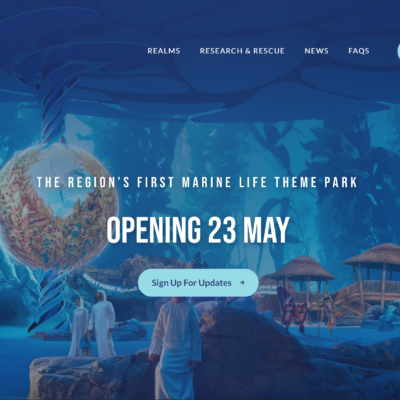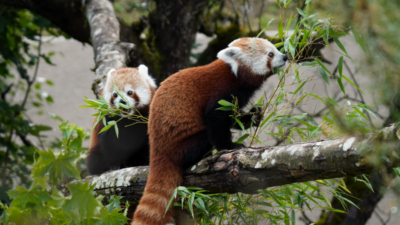Ahtari Zoo in Finland is facing a difficult decision as it prepares to return two giant pandas on loan from China due to the inability to afford their upkeep. The pandas, Lumi and Pyry, were loaned to the zoo in 2018 following a species protection agreement between China and Finland. The hope was that the pandas would draw visitors to the zoo and potentially have offspring, which would then be released into protected areas of the wild in China. However, the COVID-19 pandemic has led to a decrease in tourism, and mounting debts for the zoo.
Giant pandas are a beloved species worldwide, but they are also considered a vulnerable species. With only over 1,800 giant pandas in the wild, according to WWF, their protection and preservation are of utmost importance. The primary threat to giant pandas is human activity, including deforestation of their mountainous natural habitat in southwest China.
Captive breeding programs, such as the one at Ahtari Zoo, are crucial in supporting the preservation of endangered species. These programs provide a safe and controlled environment for the breeding of endangered species, ensuring their continued existence and genetic diversity. The offspring produced in these programs can also be released into the wild to help rebuild populations.
Zoos play a vital role in supporting these breeding programs and protecting endangered species. However, zoos often face financial difficulties, especially during times of crisis such as the COVID-19 pandemic. The Finnish government provided one-off support of €200,000 in 2021, but a proposed €5 million state grant was withdrawn after receiving widespread criticism. The annual fee to China for the panda lease, estimated to be around €1 million, is also a significant financial burden for the zoo.
It is essential for the global community to support zoos and captive breeding programs to ensure the preservation of endangered species. Governments, corporations, and individuals can provide financial support, volunteer their time, and advocate for the importance of these programs. Without support, zoos may be forced to return endangered species and potentially lose valuable resources for their preservation.
In the case of Ahtari Zoo and the giant pandas, a solution must be found to ensure the continued protection of this beloved species. The Finnish foreign ministry has established a working group to seek a solution, but there is no certainty one will be found. A final decision on whether to return the pandas will be made on February 28th.
It is crucial to remember that the preservation of endangered species is a global responsibility and requires ongoing support and action. Captive breeding programs and zoos play a vital role in protecting endangered species, and it is our duty to support them in their efforts.






